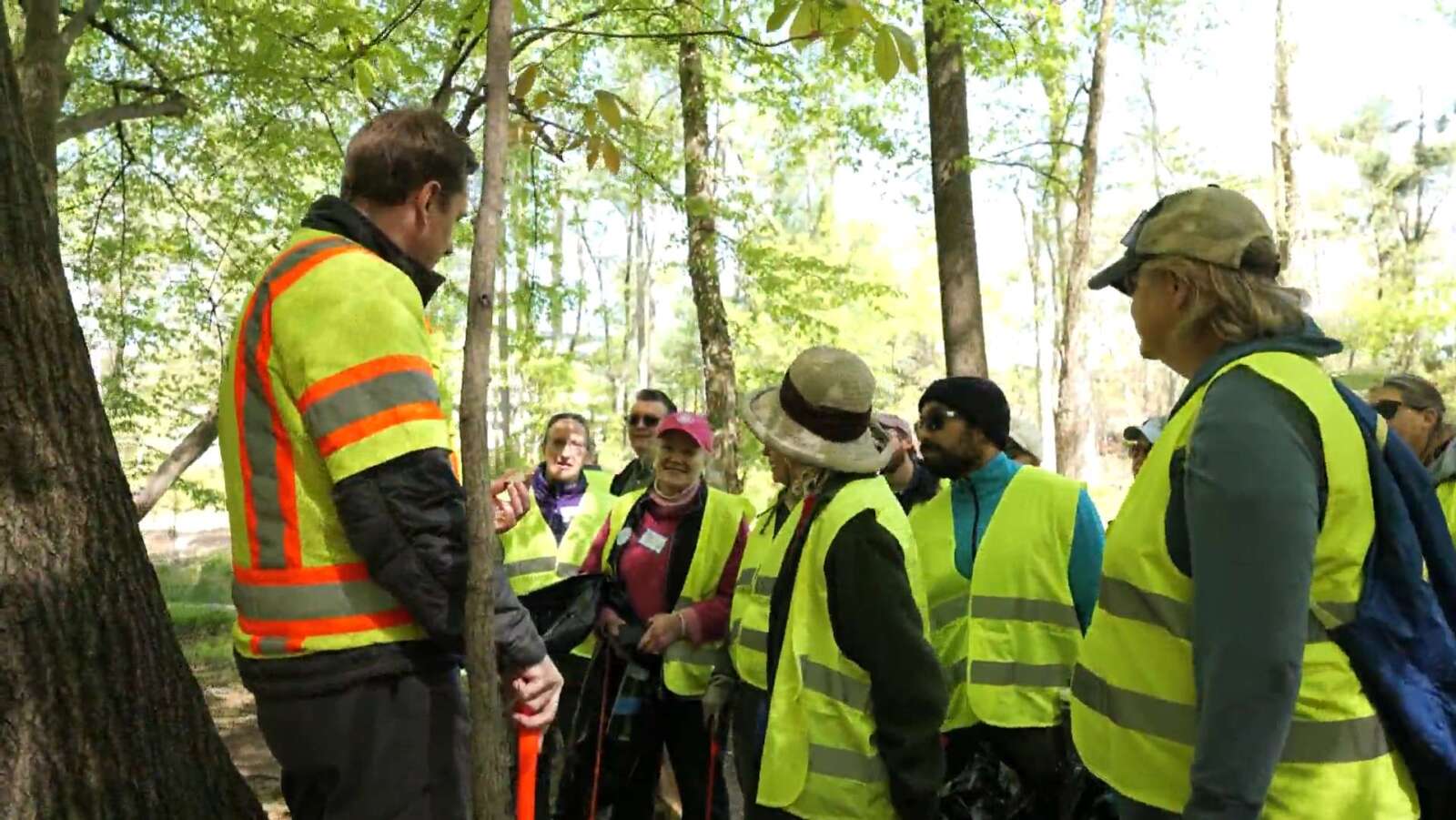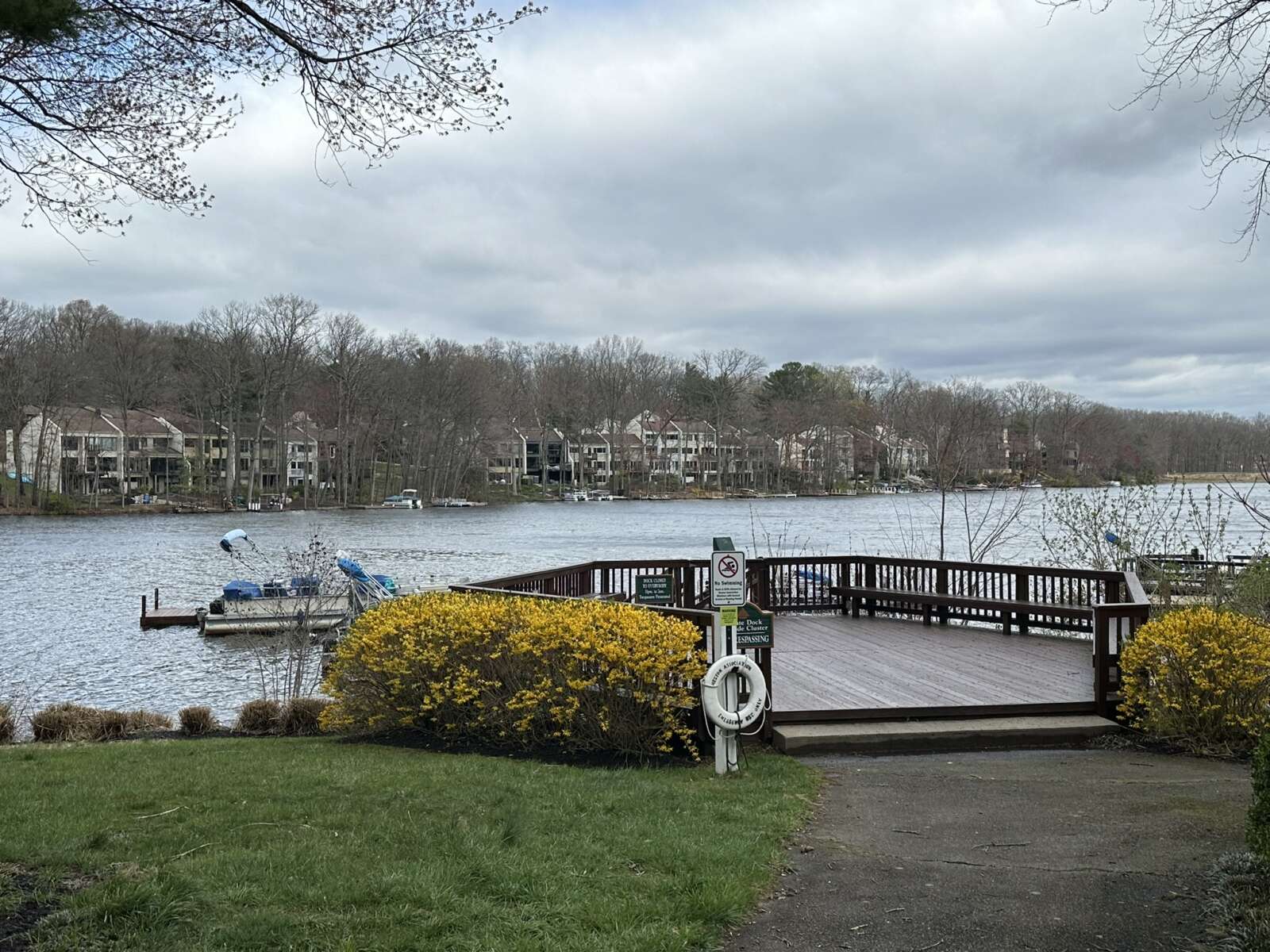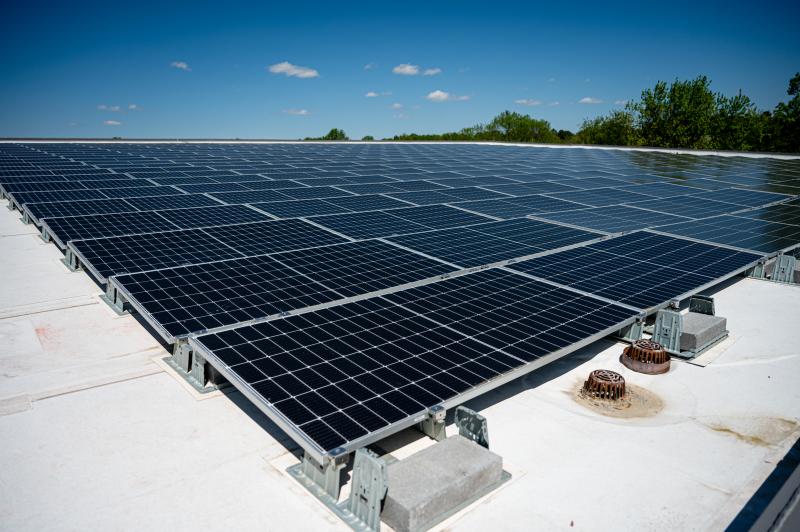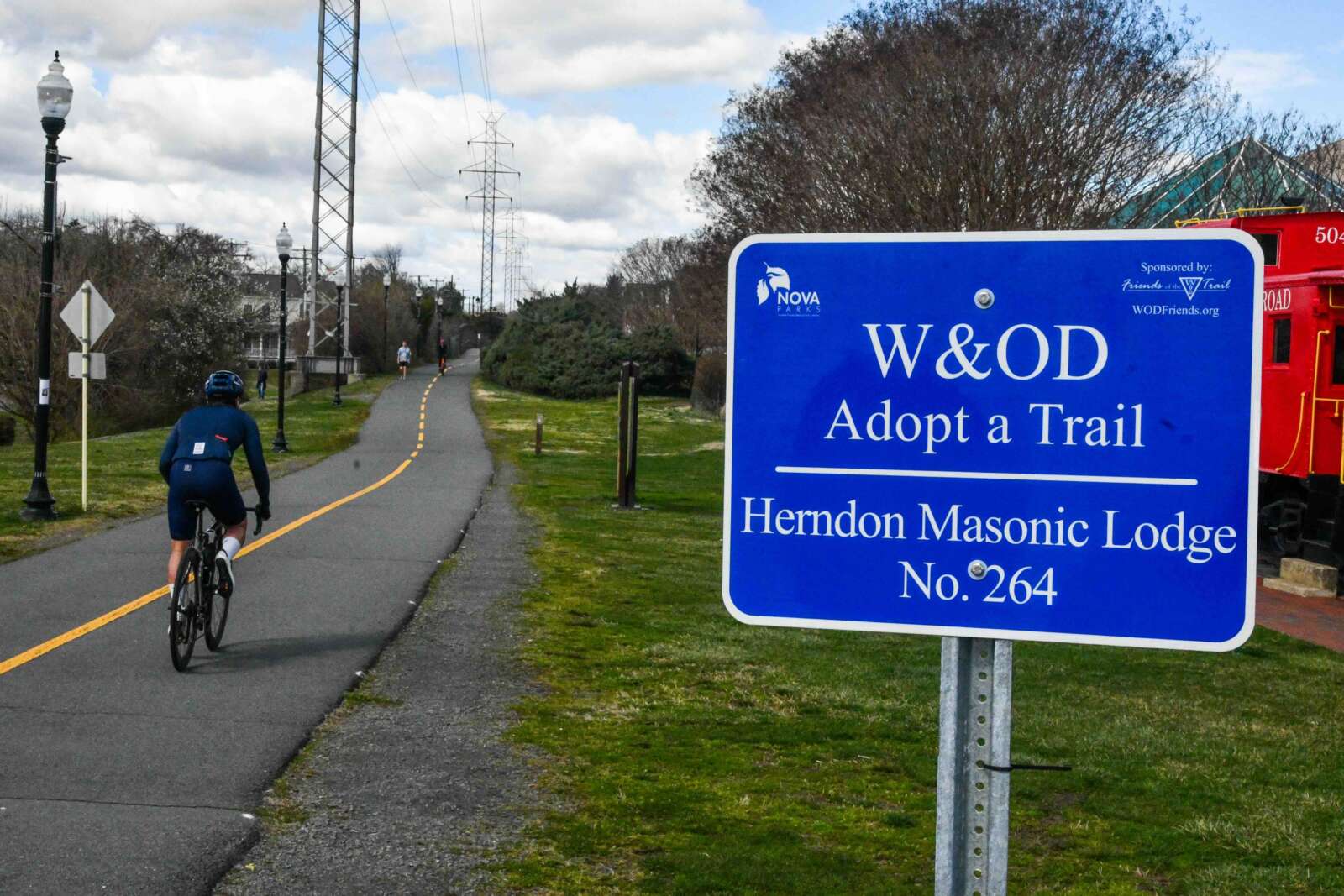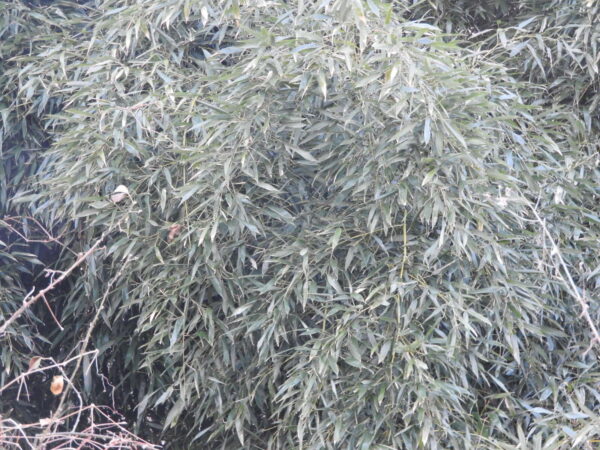
Fairfax County property owners are officially required to contain running bamboo on their property — or face potential fines.
Effective as of Jan. 1, the county’s new running bamboo ordinance calls for property owners to get the invasive grass species under control and imposes civil penalties on property owners who let it “spread to adjacent properties or any public right-of-way.”
The ordinance was approved by the Board of Supervisors back in March 2022, along with a fine structure that includes $50 for the first complaint or violation, $200 for subsequent violations, and a $3,000 cap on fines over a 12-month period.
Officials have reiterated that staff will first seek to educate and allow for violations to be corrected voluntarily before imposing fines. When the issue went to a public hearing in February, several residents and supervisors expressed some concern about the financial implications of the fines.
In March, though, Fairfax County Director of Code Compliance Jack Weyant suggested fines would only be invoked for cases that have gone on for a year or longer.
Running bamboo is a fast-growing, invasive grass with an even more aggressive root system (rhizomes) that can spread underground up to 15 feet per year.
“Once planted, running bamboo can eventually take over yards and travel across property lines, creating issues for adjacent property owners and local jurisdictions,” Weyant told FFXnow. “Roots can push through brickwork, drains, cavity walls, patios, and exploit cracks or weaknesses in concrete.”
Weyant noted that the new ordinance “does not ban bamboo” but requires property owners to prevent it from growing on adjacent properties, including public property.
The county has set up a webpage to advise residents on the best methods to contain, prevent overgrowing, and dispose of bamboo.
Options include setting up a metal and plastic “bamboo root barrier” that deflects rhizomes back towards the bamboo owner’s property, encouraging the plants to grow vertically instead of spreading horizontally.
The county also suggests mowing bamboo often and using herbicides to prevent further growth. All cut bamboo should go in trash pick-up, not yard waste, per the county.
The complete removal of bamboo from a property is extremely difficult.
“Digging out bamboo requires heavy equipment and coordination with Virginia 811,” the website says.
In 2017, the Virginia General Assembly passed a law that let localities impose financial penalties on property owners who allow bamboo to run wild. However, Virginia still allows commercial sales, an issue that Fairfax County supervisors have previously said needs to be corrected by the state.
The county itself will also have to adhere to the new ordinance.
The Fairfax County Park Authority (FCPA) manages about 204 acres of bamboo that draw 10 to 20 complaints a year from neighboring homeowners. FCPA removes two to three bamboo sites a year, but it’s expensive.
In April, the FCPA told FFXnow that a recent removal of about an acre of bamboo cost about $35,000, mostly due to herbicide treatment costs.


